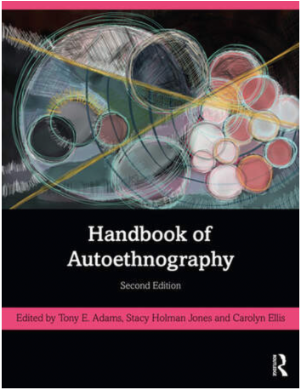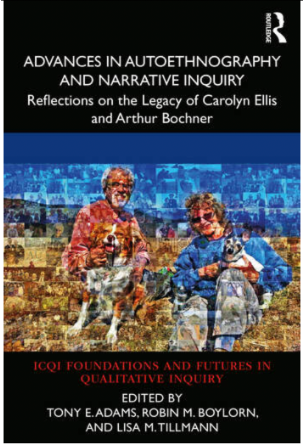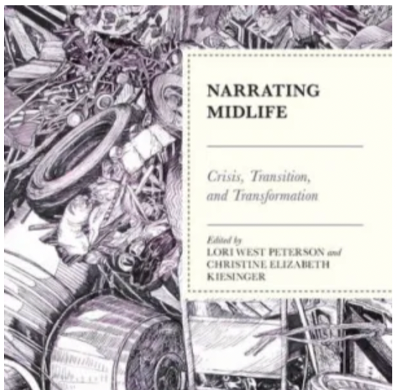
“Living Autoethnography.” Handbook of Autoethnography. Routledge. 2021.
What do the stories we write about ourselves say about the collective human experience?
In this chapter, the risks and rewards of doing autoethnographic research are explored. To that end, it focuses on the responses received over the past 18 years to the article “Chronicling an Academic Depression,” published by the Journal of Contemporary Ethnography in 2002, with an aim to understand what readers do with the autoethnographic stories we publish, and how these reader responses might impact our future autoethnographic work.
New Hampshire State Advisory Committee to the U.S. Commission on Civil Rights [April 2021]. Solitary Confinement in New Hampshire. U.S. Commission on Civil Rights. [Note: Barbara served as Vice Chair of the committee.]
Volunteer state citizens advise the U.S. Commission on Civil Rights of civil rights issues in their states that are within the Commission’s jurisdiction.
By law, the U.S. Commission on Civil Rights has established an advisory committee in each of the 50 states and the District of Columbia. The committees are composed of state citizens who serve without compensation. The committees advise the Commission of civil rights issues in their states that are within the Commission’s jurisdiction. More specifically, they are authorized to advise the Commission in writing of any knowledge or information they have of any alleged deprivation of voting rights and alleged discrimination based on race, color, religion, sex, age, disability, national origin, or in the administration of justice; advise the Commission on matters of their state’s concern in the preparation of Commission reports to the President and the Congress; receive reports, suggestions, and recommendations from individuals, public officials, and representatives of public and private organizations to committee inquiries; forward advice and recommendations to the Commission, as requested; and observe any open hearing or conference conducted by the Commission in their states.

“Risk and Reward in Autoethnography: Revisiting ‘Chronicling an Academic Depression.’” Advances in Autoethnography and Narrative Inquiry: Reflections on the Legacy of Carolyn Ellis and Arthur Bochner. Routledge. 2021.
What can we learn from the scholars who came before us, and what legacies can we build from their teachings?
Advances in Autoethnography and Narrative Inquiry pays homage to two prominent scholars, Arthur Bochner and Carolyn Ellis, for their formative and formidable contributions to autoethnography, personal narrative, and alternative forms of scholarship.
Their autoethnographic—and life—project gives us tools for understanding shared humanity and precious diversity; for striving to become ever-more empathic, loving, and ethical; and for living our best creative, relational, and public lives.
“Solid as Cracked Granite: Living Alone at Midlife.” Narrating Midlife: Crisis, Transition, Transformation. Lexington Books. 2019.

Midlife is a time of change that can be daunting, disappointing, and depressing – this narrative offers an empowering and uplifting perspective on experiencing our midlife years.
Narrating Midlife: Crisis, Transition, and Transformation is rooted in a discussion about why it is important to address the midlife years in ways that challenge and interrogate the myths that surround this phase of life. Although readers are free to construct their own meaning after reading each narrative, they are encouraged to attend to the ways in which each narrative reveals how the author grapples with their particular issues communicatively. More important, readers are invited to see the power of narrative re-framing as authors seek to understand, interpret and “live” midlife change(s) in ways that are empowering and life affirming. In this book, contributors spin compelling and meaningful narratives about change at midlife. The empty nest, the surprise discovery of cancer, re-defining one's life at midlife and re-imagining long term commitment after divorce are just some of the topics explored in this book. Auto-ethnographically crafted, the narratives presented throughout the book aim to show how managing and living through change at midlife is very much a communicative endeavor.